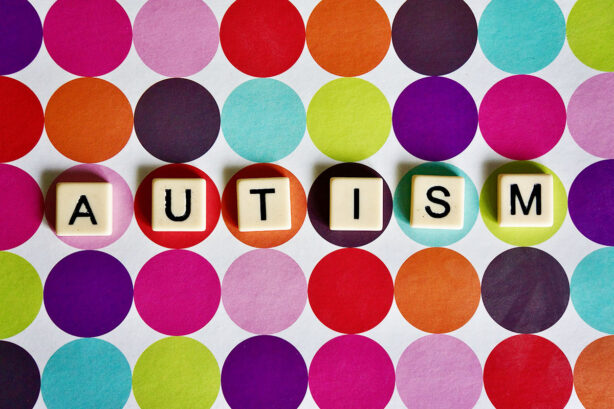Being a parent is difficult in the best of circumstances. Every parent has dealt with the frustration of a rude or stubborn child that doesn’t get their way.
And those issues can be even more challenging when a child is autistic. Knowing how to deal with autistic meltdowns takes more knowledge and experience than dealing with the standard tantrum.

Often, the best solution is getting crisis prevention intervention, or CPI training, to help parents develop the techniques needed to support their children.
But in the meantime, if nothing you have been trying has worked, try these 4 strategies that should help you calm down your child before they enter into a full-blown autistic tantrum.
1. Understand Your Child’s Triggers
Children with autism are not too different from regular kids. An autistic tantrum doesn’t come out of nowhere, even though it may sometimes feel that way. There are almost always triggers that motivate the behavior.
Is your child finding something frustrating within their daily routine? Do they have an issue with a sibling or someone else in the house? Perhaps they feel deprived of a privilege, such as watching television or using their computer?
Ask yourself what caused the past five autistic tantrums in your child. Make a list of those tantrums, and think about the trigger point.
When you write down the information, you will likely see a lot of commonalities. Then, you can think about how to manage those triggers, which is likely to reduce your child’s autistic meltdowns significantly.
2. Teach Proper Communication Skills
A significant problem for many autistic children is that they struggle with communication. They have a hard time asking for what they want, and responding to being denied something they may believe is a right.
Some autistic children struggle with verbal communication, which is why you may want to use hand signals or body behavioral clues to better understand how your child is feeling.
When you notice that they are reacting in a similar way to the last time they had a tantrum, talk to your child. Explain that if they want something, they need to ask, not get upset.
Keep in mind those conversations are likely to be challenging and will not be without struggles, especially if your autistic child is younger. Don’t hesitate to ask a professional for support if you feel you need it.
As your child gets older and the level of communication between the two of you improves, you will hopefully notice these tantrums happening a lot less often.

3. Do Not Reinforce Negative Behaviors
Throwing a tantrum is not exclusive to autistic children. There are countless kids who have no signs of autism in their personality, who tend to throw tantrums whenever they want something very badly.
Kids are quick to pick up on cues, and they have a great memory. If your autistic child remembers throwing a tantrum and getting what they wanted in the past, they will engage in the same behavior until you cave in to their demands.
Avoid reinforcing negative behaviors, no matter how badly you want the meltdown to stop. Keep an open channel of communication with your child, and explain that next time they want something, they need to ask nicely and not behave rudely.
4. Record Encounters
You may feel a little apprehensive about recording your child, but videos are often the best way to recall previous events.
If your child is showing behaviors similar to the start of their last tantrum, prop up your phone in the room and start recording a video.
Then, go and talk to your child and attempt to calm them down. If you are successful, you have a technique on video that you can learn from and use in the future.
And even if you’re not able to calm your child down entirely, you can learn about how your child reacts to various words and non-verbal cues through the video.
Analyzing encounters with your autistic child is a very effective way to learn what works and does not work, and having a video of those encounters makes the analysis much easier.
You may even want to consider showing the videos to your family doctor or therapist so that you can get professional tips and advice on how to deal with autistic meltdowns.

Appreciate Your Wonderful Child
Having an autistic child is a blessing, but also a challenge. The tough moments are the ones that may bring doubt, as you wonder if you’re giving your child what they need.
Learning how to deal with autistic meltdowns effectively can help you minimize those tough moments, and feel confident that you’re doing your best.
With time, effort, and perseverance, you and your child will both be able to learn how to manage a challenging situation and thrive.
